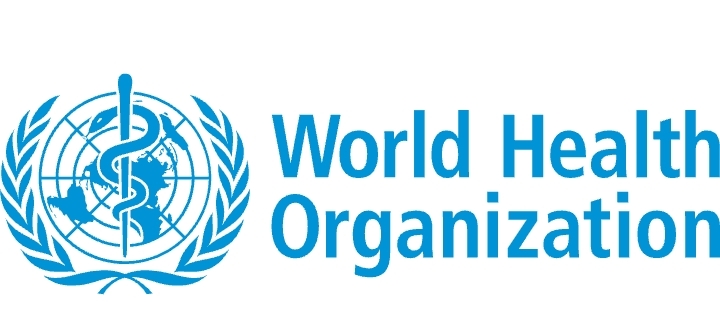The World Health Organization (WHO) has released its first official guidelines to protect infants from respiratory syncytial virus (RSV), a major cause of serious lung infections in young children worldwide.
RSV causes around 100,000 child deaths and over 3.6 million hospital stays each year, mostly in low- and middle-income countries. Infants under 6 months are the most at risk.
One of the new WHO position paper recommends is the maternal vaccine (RSVpreF)— given to pregnant women from week 28 of pregnancy to protect their babies through antibodies passed before birth.
Another recommendation is the monoclonal antibody (Nirsevimab)—a single shot is given to newborns at birth or during their first health visit. It protects babies for at least five months, enough to cover the RSV season.
WHO says countries should choose the option that best fits their health systems and budgets.
Read also: 20 million Nigerians live with mental health problem – WHO
Both products were approved for global use in 2024, and the maternal vaccine was officially prequalified by WHO in March 2025.
“RSV is an incredibly infectious virus that infects people of all ages, but is especially harmful to infants, particularly those born premature,” said Dr. Kate O’Brien from WHO. “These new tools can save lives and reduce hospital visits.”
RSV often looks like a cold, but it can cause serious illnesses like pneumonia. WHO hopes these new steps will help countries better protect infants and reduce RSV’s global impact



